Over the weekend in the village of Ledići, under the starry sky of Bjelašnica, a group of girls from the Home for children without parental care in Sarajevo spent time in worship, companionship, and reflection, attending Taraweeh prayers in the nearby mosque in Dejčići.
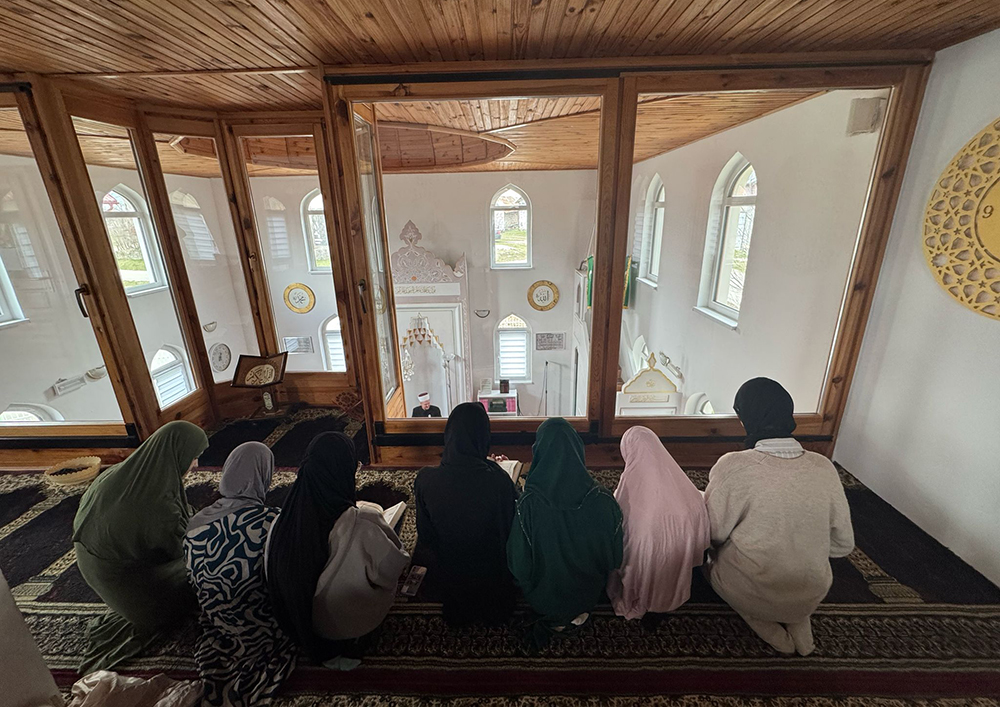
"Mashallah, such beautiful girls," the elderly women commented as they appeared for the first Taraweeh prayer at the mosque in the village of Dejčići on Bjelašnica Mountain near Sarajevo.
"And where are you from?" they asked curiously, turning to Belma Mujezinović, the director of the Second Foundation, who had brought them. "We older women like to know everything, since this is the first time we’ve seen you here."
"We're from Sarajevo, but we came to Ledići for the weekend – for the girls to prepare iftar, to worship, and to spend time together," she explained.
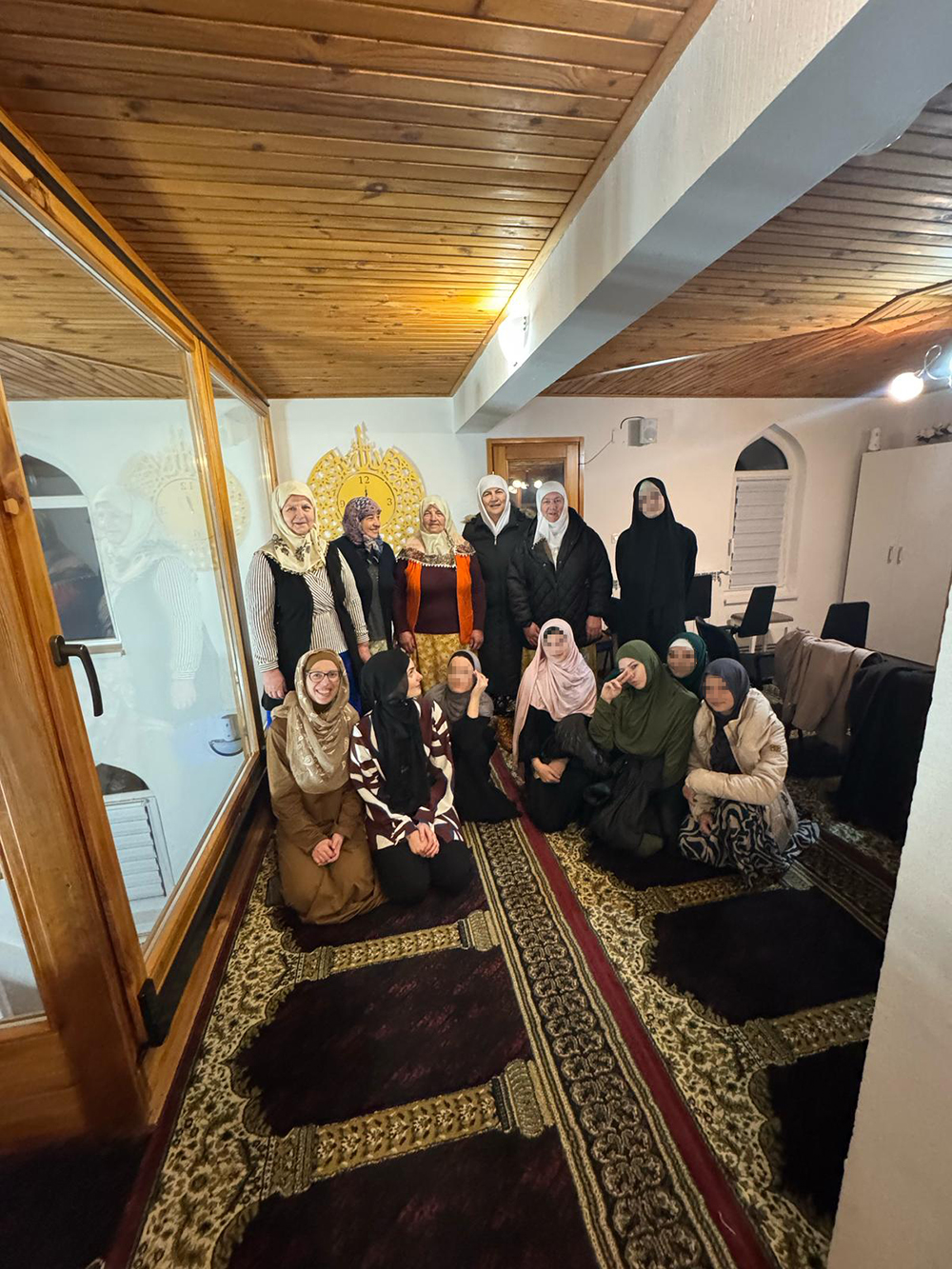
They climbed up to the women's prayer gallery (mahfil), where they were welcomed with warm smiles and kind glances. The girls sat in the second row, just behind them. From time to time, they giggled softly, and whenever the director gently reminded them to stay quiet, one of the elderly women kindly defended them:
"Let them laugh. There should be laughter in the mosque. We were like that too."
The first Taraweeh prayer in Dejčići filled them with a sense of belonging and spiritual warmth. The imam was absent—delayed at an iftar outside the village—so a local led the prayer instead. They performed the Isha prayer, eight rakats of Taraweeh, and the Witr prayer before returning to the house in Ledići. With laughter and teamwork, they cleaned up after iftar and continued their evening together, playing hide-and-seek, charades, and challenges late into the night.
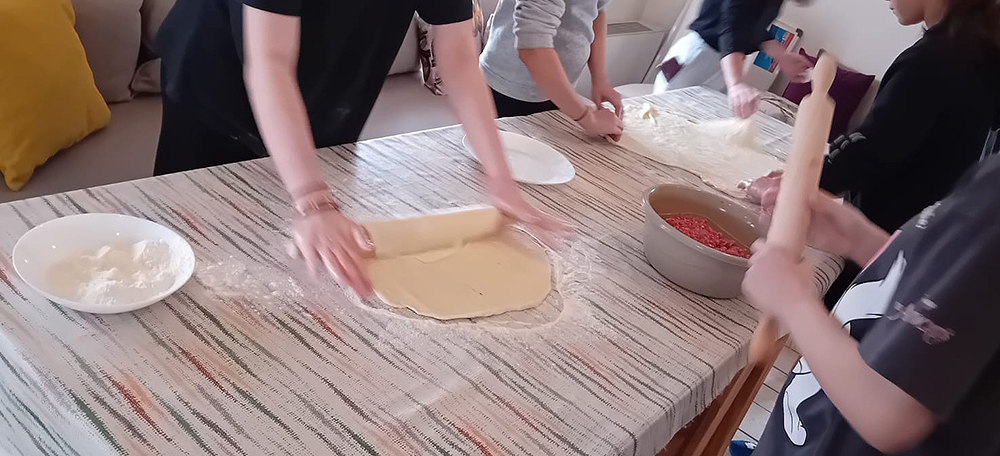
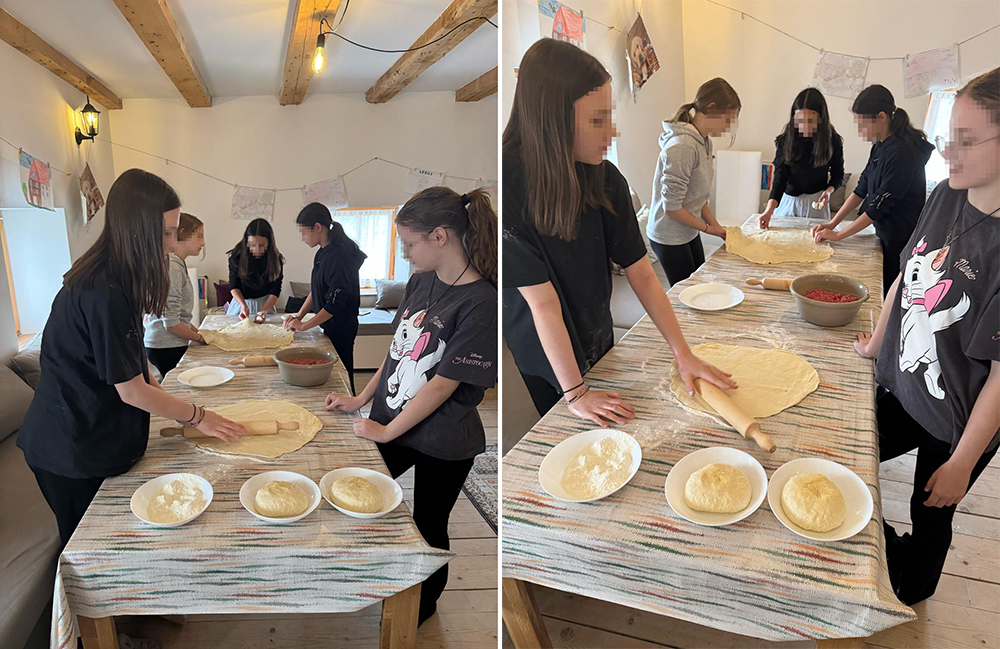
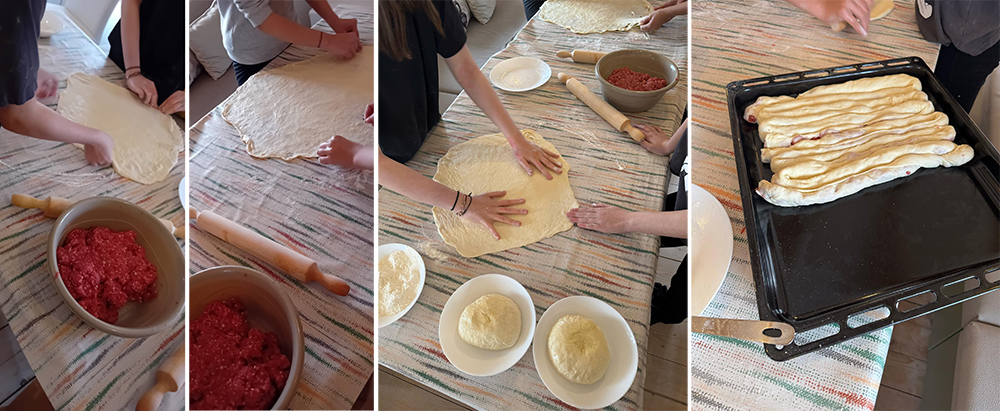
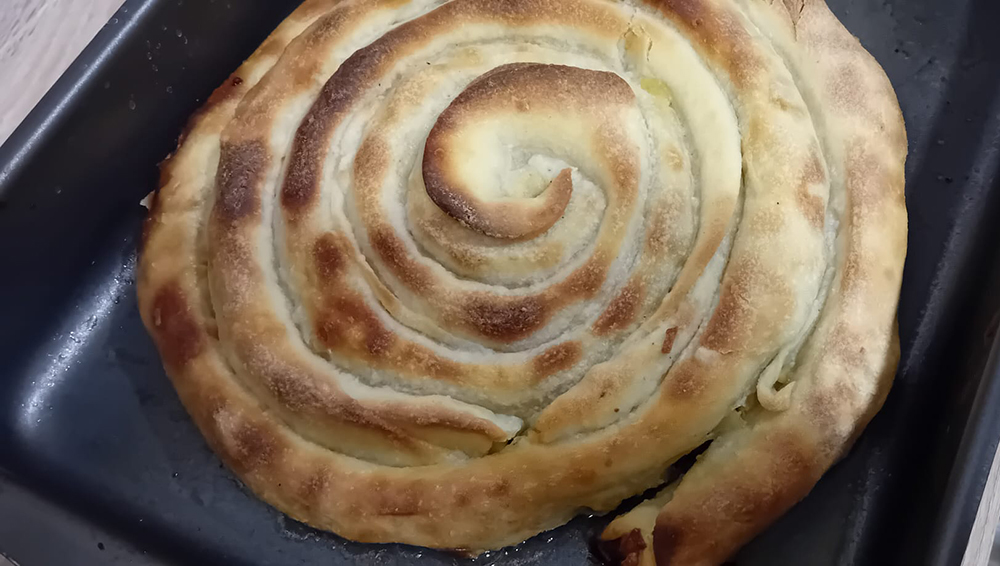
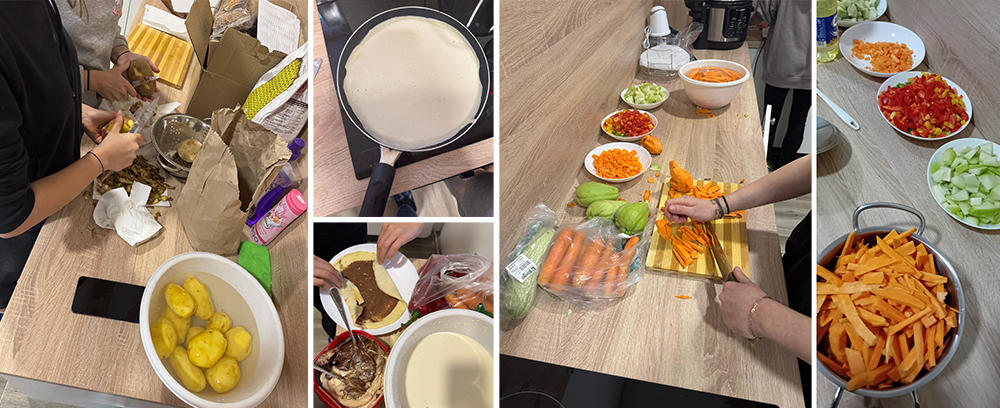
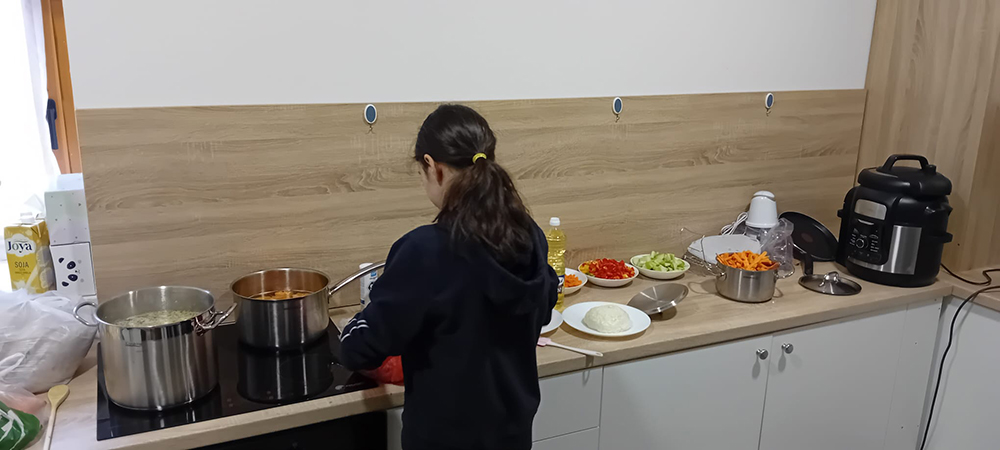
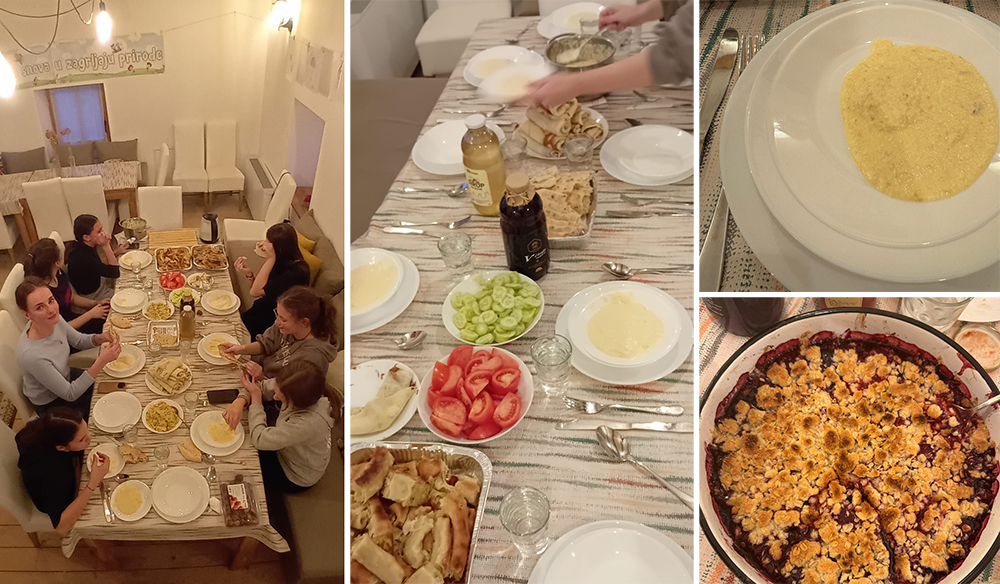
This was the first time Foundation Second had organized a stay exclusively for girls from the Home for children without parental care in Sarajevo at the house in Ledići, which the Home was granted for the next 99 years, thanks to the ProBITRA Foundation. The purpose of this stay was to help them prepare for independence, strengthen their bonds, and deepen their worship during Ramadan. The girls had fasted almost every day and performed their prayers regularly, balancing them with school and extracurricular activities.
Many of them were already skilled in cooking, stretching dough for pies, and preparing a variety of dishes, so they took the opportunity to showcase their culinary talents. They were supported throughout their stay by Hana Ademaj, a volunteer from the Second Foundation, who had decided to spend the last ten days of Ramadan in her parents' homeland and personally contribute to the Foundation’s work.
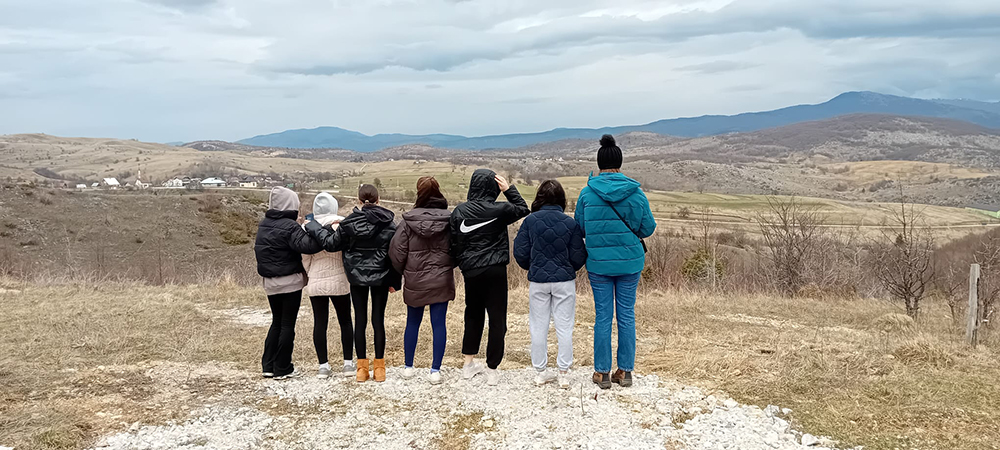
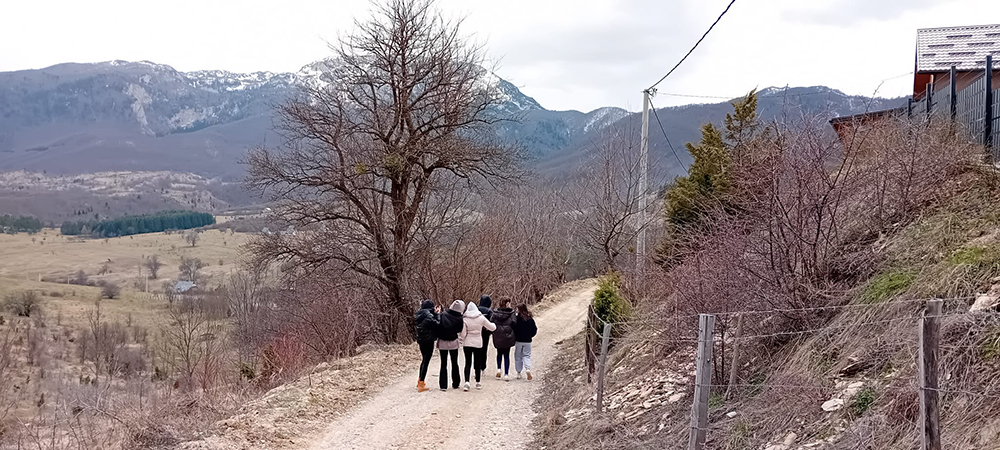
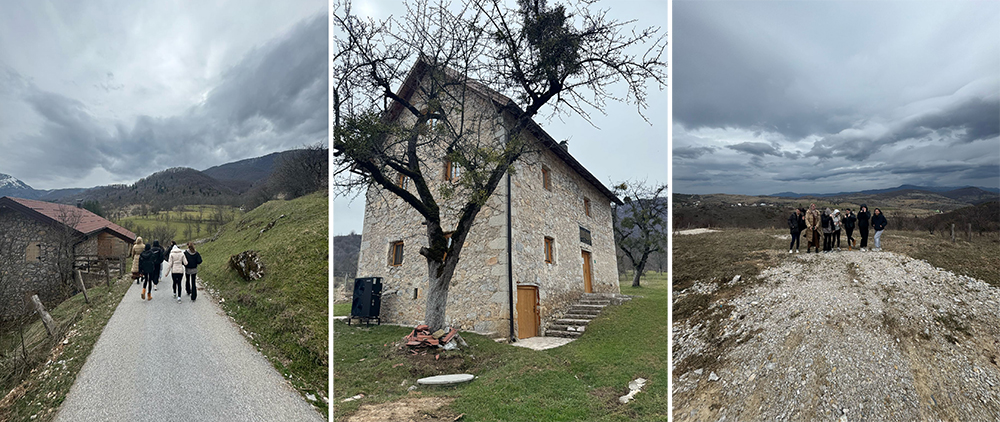
Two days passed in rest, worship, walks through the village, and an adventurous descent to the waterfalls of the Ledići stream. One girl couldn't resist stepping into the freezing water.
"This was amazing!" she said, walking back with wet feet and the biggest smile on her face.
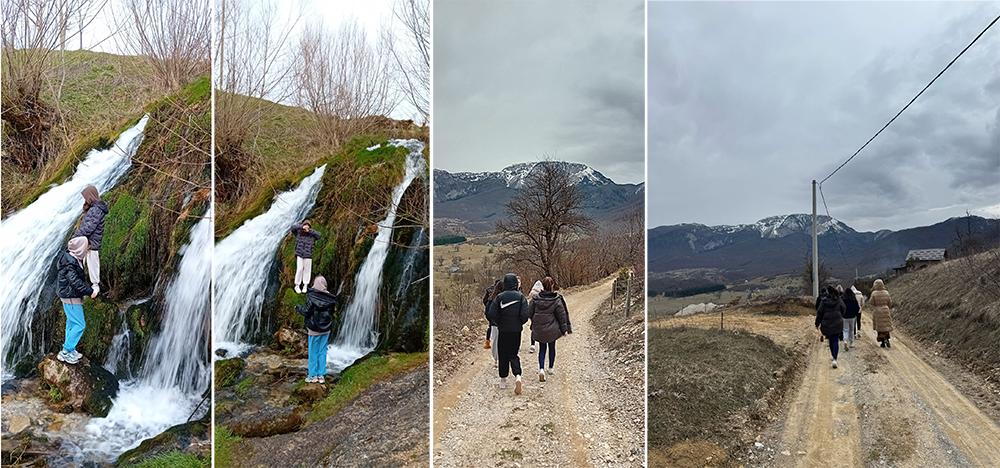
On their last night, they attended another Taraweeh prayer at the mosque in Dejčići. This time, the imam led the prayer, and all 20 rakats of Taraweeh were performed. On Sunday, they attended the Dhuhr prayer and stayed for the recitation of the Quran, captivated by its melodic verses. For the first time, they read the translation, and many were so moved that they continued reading later, eagerly sharing their newfound understanding.
"I didn’t know there was a Surah named after me!" one of them exclaimed with pride.
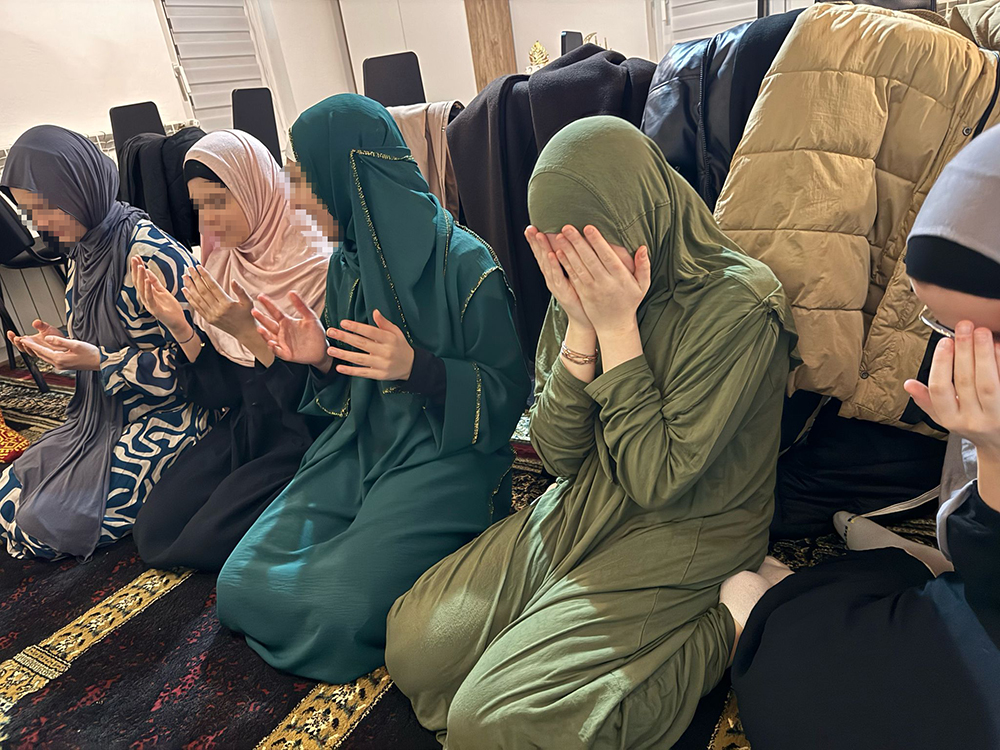
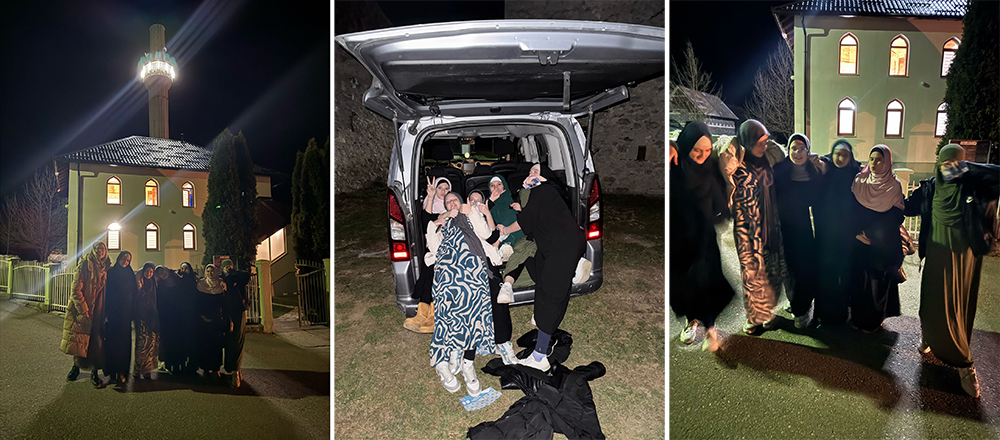
Returning to the Home meant returning to the routine of alternative care, but they carried with them hearts full of new memories—the story of a Taraweeh prayer filled with laughter, late-night conversations, the icy stream, and the first pages of the Quran's translation. And within them remained a hope—that they would soon return to Ledići, beneath the starry sky of Bjelašnica, where, even if only for a moment, they had felt the warmth of a true home and the joy of belonging.
